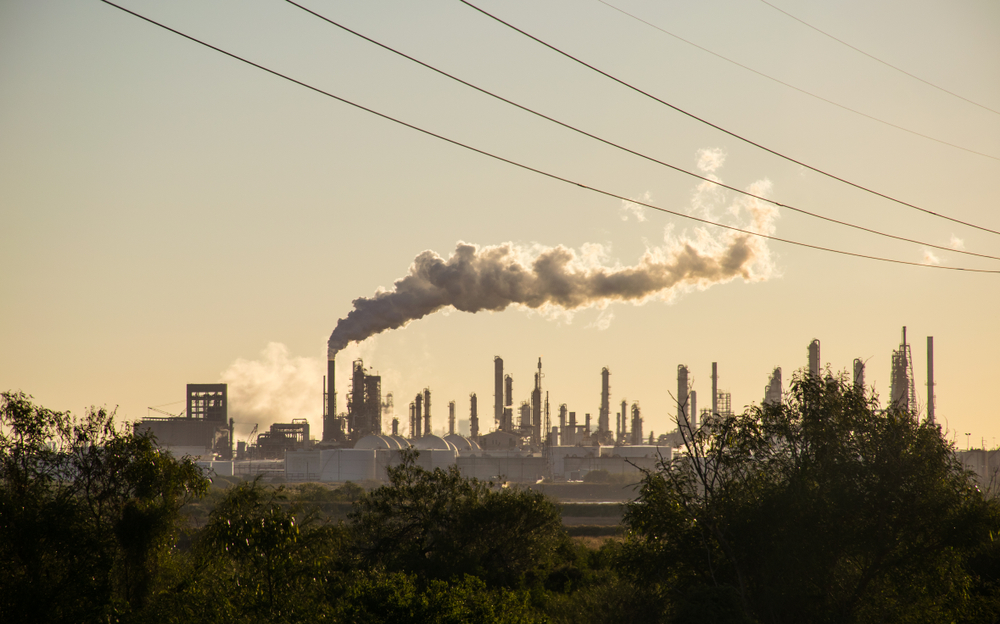
Simply reducing greenhouse gas emissions probably is not going to be sufficient for the planet to escape catastrophic damage from climate change, scientists say.
Additional actions will be required, and one option is solar geoengineering, which could lower temperatures by methods such as reflecting sunlight away from the Earth through the deployment of aerosols in the stratosphere. However, the prospect of experimenting with the Earth’s atmosphere has left some people skeptical of the process.
A new study, “Mission-Driven Research for Stratospheric Aerosol Geoengineering,” published in Proceedings of the National Academy of Sciences, sets out to establish a roadmap for responsible exploration of geoengineering.
“Part of the genesis of this paper is that a long time ago I got tired of going to meetings and not being able to say much more than, ‘If you do geoengineering, it will get colder,'” said lead author Douglas MacMartin, senior research associate and senior lecturer in mechanical and aerospace engineering at Cornell University.
“We actually need to do the research to understand what the impacts are and understand the uncertainties,” MacMartin said.
This study finds that geoengineering requires a mission-driven approach with a clear goal: informing policy.
“It’s the research community’s responsibility to ensure that before people get to a point of saying, ‘Let’s consider using geoengineering,’ we’re able to provide enough information to either say ‘No, here’s why not’ or ‘If you were to do it, this is the best way to do it, here is what we think the impacts are, here are the uncertainties,'” MacMartin said.
The study, which MacMartin co-authored with Ben Kravitz, assistant professor at Indiana University, focuses on the idea of releasing sulfate aerosols into the stratosphere, mimicking the eruption of a volcano. This follows a natural process and thus would limit the “unknown unknowns” and enable researchers to calibrate their models.
“The research is always going to be very small scale, so there’s a bright line between activities that look like research and activities that look like deployment,” MacMartin said. “Engaging in geoengineering research itself doesn’t have to be scary.”
Given that a recent report from the United Nations’ Intergovernmental Panel on Climate Change shows that global warming will pass 1.5 C around 2040, MacMartin sees an urgent need to start making inroads in exploring geoengineering research. It could take up to 20 years before scientists can help policymakers make an informed decision about the effectiveness of the technology.
MacMartin said geoengineering should be viewed as a supplement to reducing greenhouse gas emissions, not a substitution. He likes to think of the process as an airbag.
“If you know you’re going to get into an accident, you ought to take your foot off the gas and put it on the brake, but you might want airbags, too,” MacMartin said. “The airbag doesn’t change the fact you’re going to get into an accident, but it does mean you’ll have less damage.”




